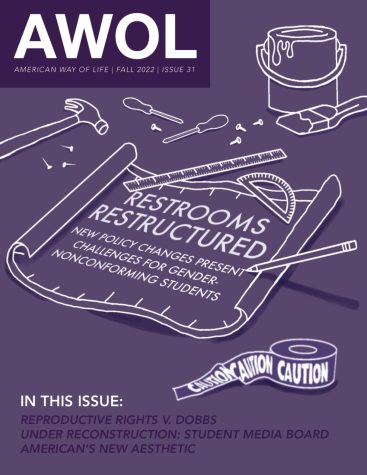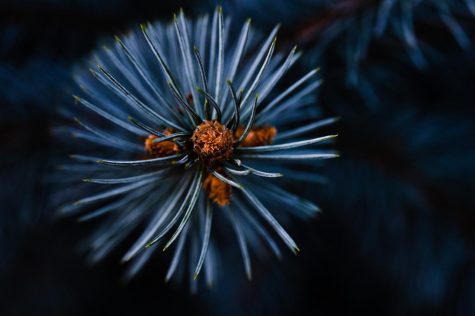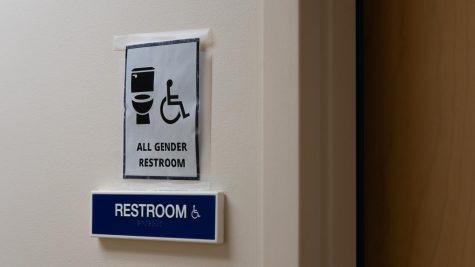AU after carbon neutrality
Ripped from the Wall explores AU’s sustainability policies and how climate-focused campus groups view them.
This semester the Ripped from the Wall team looked into American University’s environmental sustainability. We explored how the university markets itself, the sustainable policies it has, and talked to student groups about their thoughts on AU sustainability.
Not all of the money AU spends on sustainability goes toward making the campus more environmentally friendly. AU, and many other institutions, purchase carbon offsets. Institutions can buy carbon offsets to fund projects that reduce carbon emissions elsewhere. Offsets are part of why AU became the first carbon-neutral university in the U.S. in 2018.
“Offsets definitely play an important role in our carbon neutrality right now. But that said, we know they’re not a perfect solution,” American University Director of Sustainability Megan Litke said.
Climate-focused student groups on campus have mixed thoughts on AU’s sustainability policies.
Alyssa Basch is the co-president of Climate Reality AU, a group that is focused on climate change advocacy both on and off campus.
On campus, Climate Reality AU worked with AU administrators and AUx professors to create a climate module for AUx classes. Though the module is not a requirement, AUx professors can choose to use it in their classes.
“It’s still a very beautiful campus, it’s very committed to showcasing measures to prevent climate change,” Basch said. “Because even those small things can make a substantial difference, having the lights in the dorms that automatically go off after 15 minutes is also a huge thing.”
Looking forward, Basch thinks the university has the potential to improve more.
“I do see the potential for a really promising future as long as the administration is actually able to listen and work with the students,” Basch said.
Students can grow edible produce at the American University community garden for any student to take and cook with. Students who work in the garden also throw events focused on education, food justice and personal reflection.
However, the garden’s future was suddenly uncertain when university administrators informed its members they would need to move the garden’s location to make room for a new sports complex. The complex is being built on the site of the current garden and outdoor basketball and tennis courts.
“I don’t think it’s, you know, too far to use the word grief,” said Kat Raino, the garden’s education director. “Because that is a space that you know, all of us really love and that we’ve really worked hard to create in a community that we really built up around it. And so to know that that physical space wouldn’t exist anymore was a real gut punch.”
The new sports complex, to be named the Alan and Amy Meltzer Center for Athletic Performance (CAP), is being funded through a total of 15 million dollars in donations from AU alum and Board of Trustees member Alan Meltzer and his wife Amy Meltzer, according to an American University memo.
There was confusion among community garden staff about when exactly construction on the CAP would begin.
“We were informed, in kind of an untimely manner, and also not in a proper manner, that the garden would be removed,” community garden Co-President Ashley Hocking said. “And so we kind of fought our way into meetings with admin about like, hey, like, what’s actually happening.”
“To be able to work here and grow food, which is such a giving experience, and I think, to have that threatened, kind of made AU appear like it just didn’t care about sustainability and the environmental opportunities that the school has to offer, which are limited because we’re a city school,” Hocking said.
Basch also feels the university can do more. “Carbon neutral is definitely not enough anymore,” Basch said.
Litke agrees that the university cannot stop here.
“We’ve achieved some really major milestones, but that’s what they are, they’re milestones, we still have a long way to go.” Litke said. “And that there’s always areas where we can improve, you know, we’ve achieved carbon neutrality, but that’s certainly not a finish line, there’s a lot more work to do.”
Look out for the new Ripped from the Wall episode on podcast platforms like Spotify for the entire story.
This article is from AWOL’s 31st print edition.
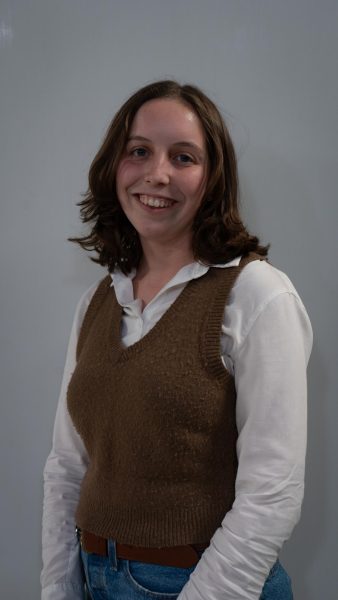
Helena Milburn (she/her) is a senior majoring in journalism and minoring in political science. Milburn grew up in New York City with her parents, younger...
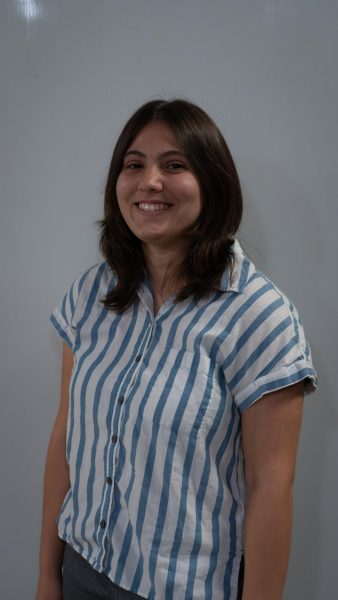
Zoe Kallenekos (She/Her) is a senior studying journalism. Kallenekos loves all things music and dreams of working in radio or podcasting, being a music...
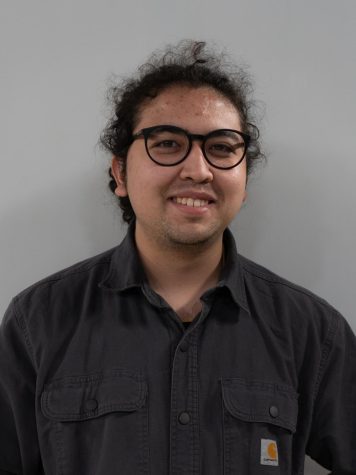
Matheus Kogi Fugita Abrahão (he/him) is a sophomore studying journalism. He is a passionate photographer who also enjoys soccer.
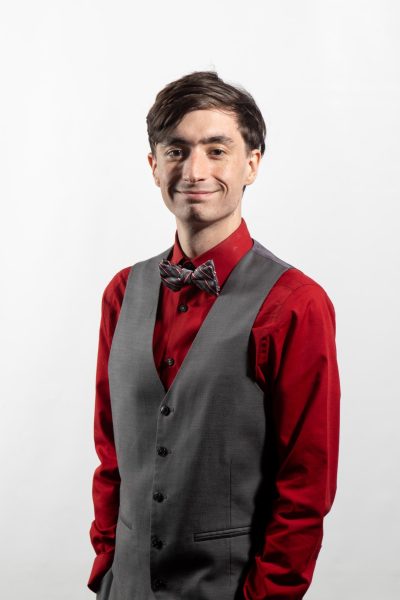
Caleb Ogilvie (he/him) is an award-winning journalist passionate about talking with people about the topics most pressing to them. His reporting allows...
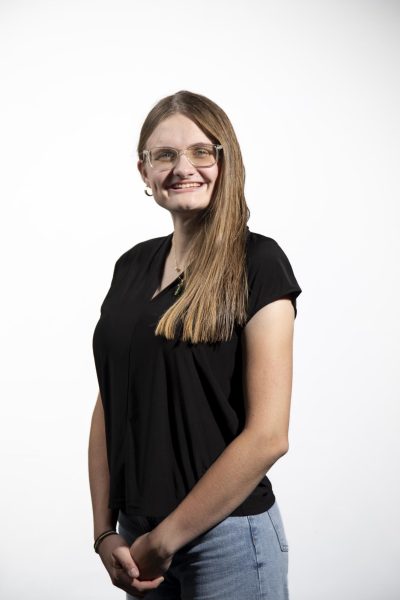
Grace Manson (she/her) is a senior from Virginia studying CLEG with a minor in Spanish. She loves researching hidden gems, spending time with her dogs...
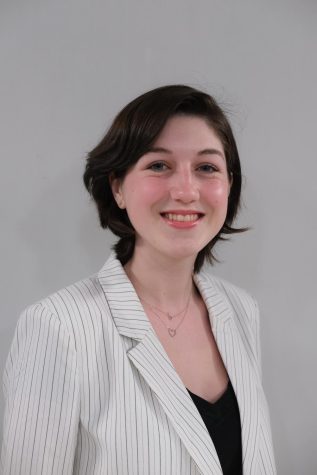
Kate d'Arcy (She/Her) is a junior studying journalism with a minor in french and creative writing. Whenever not writing, she is spending time with friends,...








